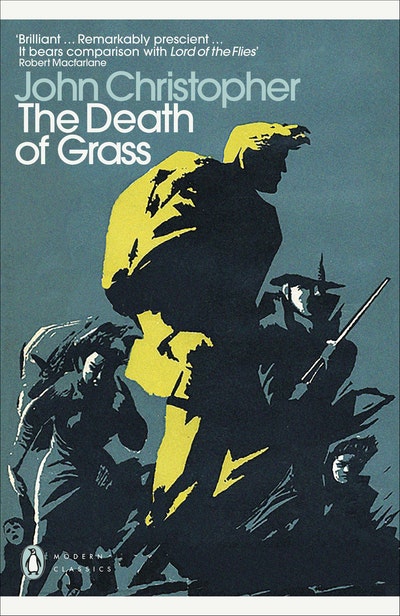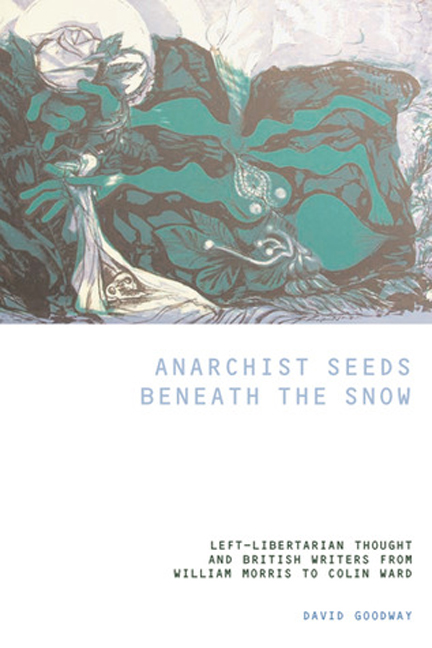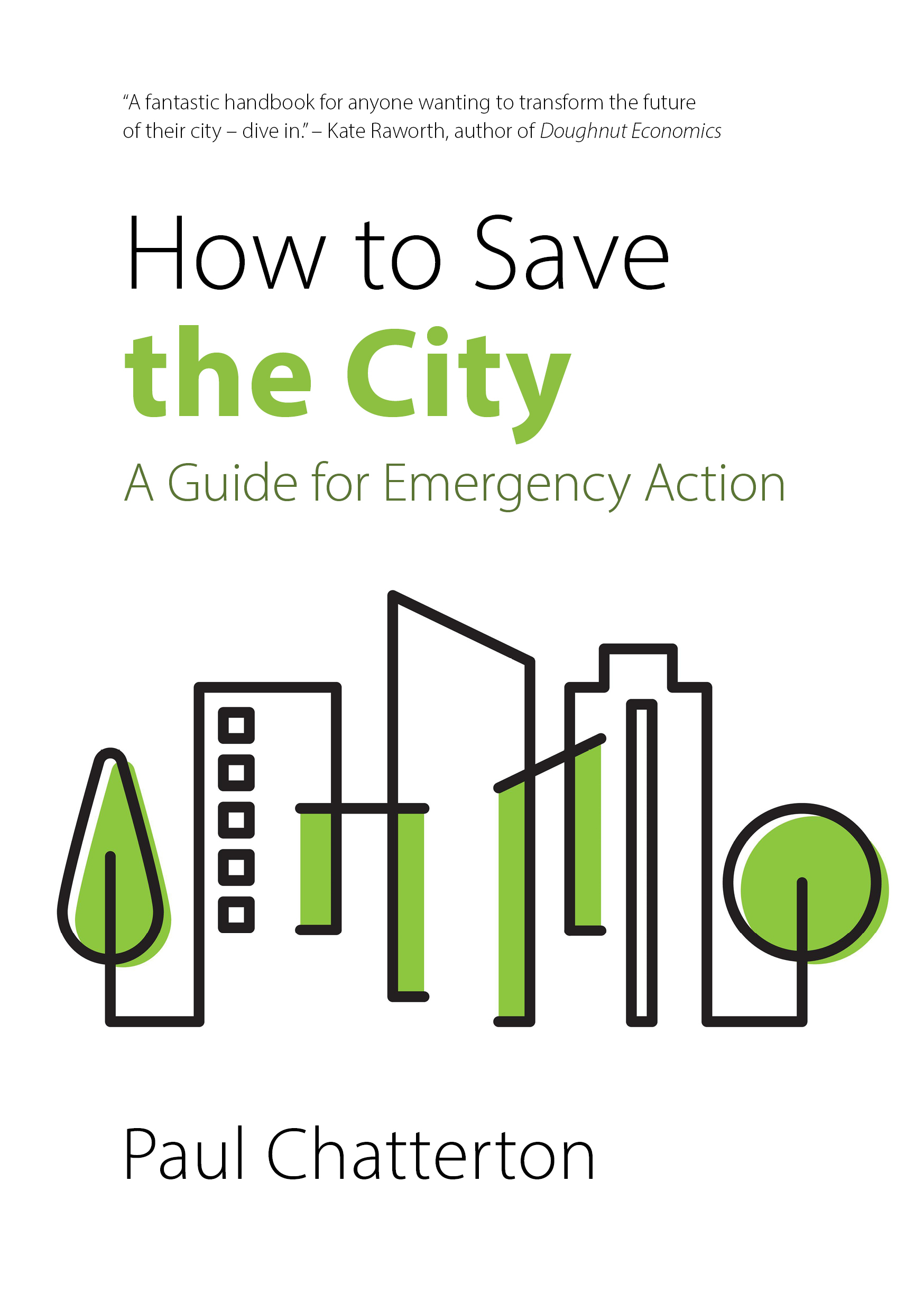Books of 2024
Hullo! A week on from the new year and I thought it the best time to cover off the five books that really did a number in me this year. While I read (some) more, with each of these I finished with the feeling that they'd made some contribution to my way of thinking, be it about politics, people, cities, what happens when you die, why William Morris is really great... You know, relatable stuff like that. So let me take you through each of them now - in no particular order.
1. Soft City by Jonathan Raban
This one proved to be shockingly perceptive on themes of place and what makes a city a habitable space to live (or not). Raban writes about London with an affection that's couched in realism. He knows that it has its problems, but he knows those problems aren't necessarily caused by the citizens. He sees scarps of capital but the lived experience made within them is always what shines through. And that seems to be the point Raban is making, that there's something politically missing in seeing cities as economic objects and not social assemblages. As important now as it was in 74.
2. The Death of Grass by John Christopher
Very much tasting like 28 days later, only about 50 years its junior, this book is outstanding, gripping and prescient. You can tell why it was almost immediately made into an (admittedly schlocky) film but it really does land the 'everything on earth has gone to shit' angle particularly well. Definitely one to return to as crop failure and resource shocks become a question of the present.
3. Anarchist Seeds Beneath The Snow by David Goodway
A weird one for the top five as I found this pretty mixed. It's the best bits that take it to the fore, though, a fair few chapters that land on something genuinely imaginative: looking back on a fair few British anarchist scholars largely forgotten to history and reflecting on the parts of their ideas yet to be applied in practice. Particularly cool is the thinking on how to work anarchist principles into bog standard education. Which leads nicely into the next number...
4. How to Save the City by Paul Chatterton
There's something we can all do, in whichever sector, to help fight climate change and create a more sustainable future. In this book, Chatterton does an impeccable job of breaking down how systemic change can be achieved through institutional shifts at levels that the individual can contribute to. While personal recycling might be bollox, representing environmental causes in the office, on the school board or at council definitely isn't.
5. The Pier Falls by Mark Haddon
A collection of short stories by Mark Haddon of The Curious Incident fame. I adore each of them, one by one offering mediations on distinctive subjects from helping someone through grief to being lost in space to being a dickhead at Christmas. Always with a scent of the maudlin and melancholic, Haddon grabs the format with both hands. I was sad when I reached the final story, feeling I'd been somehow cheated out of some greater philosophical truth; then I recognised this was exactly the shrift of this sort of short story writing, a primer for further reflection - or indeed reading.
So that's all of them. Of note for me this year was also that I re-read a couple of favourites: The Islanders (slightly cumbersome in parts, but still a wonderful puzzle box with pleasingly matter-of-fact characters at every turn) and Leaving the Atocha Station (more charismatic and emotionally forward than I remember, a really rollicking mental health episode stitches through with moments of comedy. Remains Lerner's best, in my view). Finally thanks to Lara for lending me a couple of greats (Hangover Square, Mythologies) and gifting me Number 1. Dr Smart for Number 4. Oxfams Islington and Ipswich for 2 & 5. And naturally, UCL library services for 3.





Comments
Post a Comment